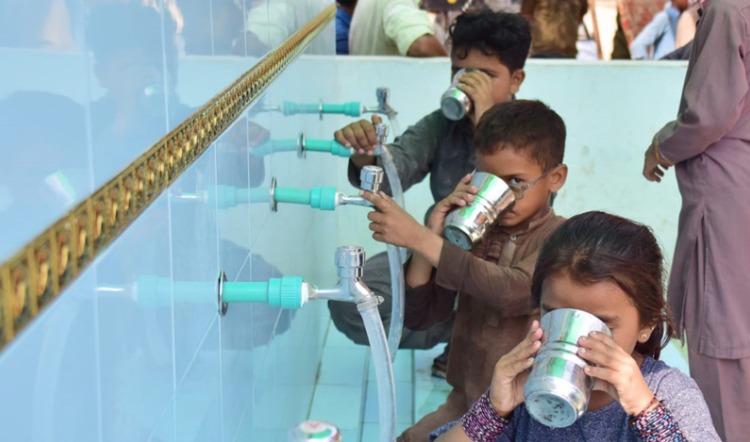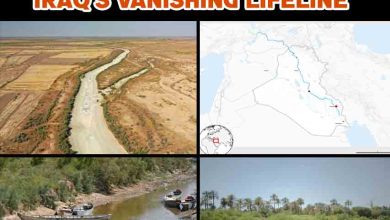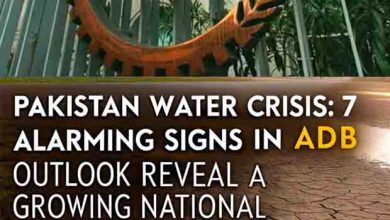Pakistan’s Water Crisis: An Urgent Call for Action
The Alarming State of Pakistan’s Water Crisis
Water is life—it sustains animals, humans, plants, and the entire ecosystem. However, Pakistan is facing an acute water crisis, making it one of the top ten countries expected to experience extreme water scarcity by 2025, according to global reports. Without immediate intervention, the country risks drought, food shortages, and economic instability.
Causes of Pakistan’s Water Crisis
Several factors contribute to Pakistan’s dwindling water resources, including:
- Climate Change: Rising temperatures, irregular rainfall, and glacier melt are accelerating water depletion.
- Water Mismanagement: Inefficient irrigation, lack of water conservation policies, and unregulated groundwater extraction worsen the situation.
- Overpopulation: A growing population increases demand, putting immense pressure on existing water supplies.

How Serious is Pakistan’s Water Scarcity?
Storage Deficiency
Pakistan’s water storage capacity is dangerously low. Unlike other nations that store water for up to 220 days, Pakistan can only store water for 30 days, making the country highly vulnerable to water shortages.
Declining Water Availability Per Capita
Statistics reveal a worrying trend. In 1950, Pakistan had 5,260 cubic meters of water per person annually. Today, this has plummeted to just 1,032 cubic meters, approaching the water scarcity threshold of 1,000 cubic meters.
The Consequences of Inaction
Failing to address Pakistan’s water crisis will lead to:
- Droughts and Desertification: Reduced agricultural output will trigger food shortages.
- Health Issues: Waterborne diseases will rise due to unsafe drinking water.
- Economic Decline: The agricultural sector, a major contributor to Pakistan’s GDP, will suffer heavy losses.
- Potential Conflicts: Cross-border tensions may intensify over shared water resources.
Solutions: What Needs to Be Done?
Government Actions
- Improve Irrigation Systems: Implement modern irrigation techniques to reduce wastage.
- Build More Dams: Increasing water storage capacity is crucial.
- Regulate Groundwater Usage: Enforce strict laws to prevent over-extraction.
Public and Private Initiatives
- Rainwater Harvesting: Encouraging rainwater collection can supplement water supplies.
- Awareness Campaigns: Educating the public on water conservation is essential.
- Wastewater Treatment: Recycling wastewater for agriculture and industry can reduce pressure on freshwater resources.
The Way Forward
The urgency of Pakistan’s water crisis cannot be overstated. Immediate policy reforms, infrastructure development, and public cooperation are vital to ensuring a sustainable future.
Read More:
- Water Scarcity in South Asia: Challenges and Solutions
- Pakistan’s Agricultural Reforms: Can They Solve the Water Crisis?
By acting now, we can prevent a catastrophic water crisis that threatens millions of lives. Water is not just a resource—it is a necessity.







